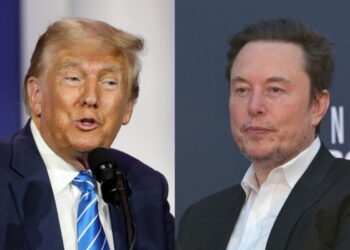Biden visits students at Harvard Kennedy School
Former President Biden spoke with students at the Harvard Kennedy School in an off-the-record study group on Wednesday at the invitation of his longtime adviser, Mike Donilon. Donilon is one of nine fellows at the school's Institute of Politics for the spring. He was the chief strategist...
Read moreScientists find strongest evidence yet of life on an alien planet
WASHINGTON, April 16 (Reuters) - In a potential landmark discovery, scientists using the James Webb Space Telescope have obtained what they call the strongest signs yet of possible life beyond our solar system, detecting in an alien planet's atmosphere the chemical fingerprints of gases that on Earth are produced only by biological processes. The...
Orange County scores and player stats for Wednesday, April 16 – Orange County Register
Support our high school sports coverage by becoming a digital subscriber. Subscribe now Scores and stats from Orange County games on...
Demi Moore’s TIME100 Interview on The Substance and Beyond
In the span of just seven years in the ’90s, she starred in Ghost, A Few Good Men, Indecent Proposal,...
Body found near Thornton Composite Reservoir: medical examiner
An autopsy was set for Thursday for an unidentified body found near the Thornton Composite Reservoir in south suburban Thornton,...
Gov. Josh Shapiro says he hasn’t heard from Trump since arson attack
After a man tried to assassinate Donald Trump in July at a rally in Butler, Pennsylvania, the state’s Democratic governor,...


























 Al Jazeera English | Live
Al Jazeera English | Live






















